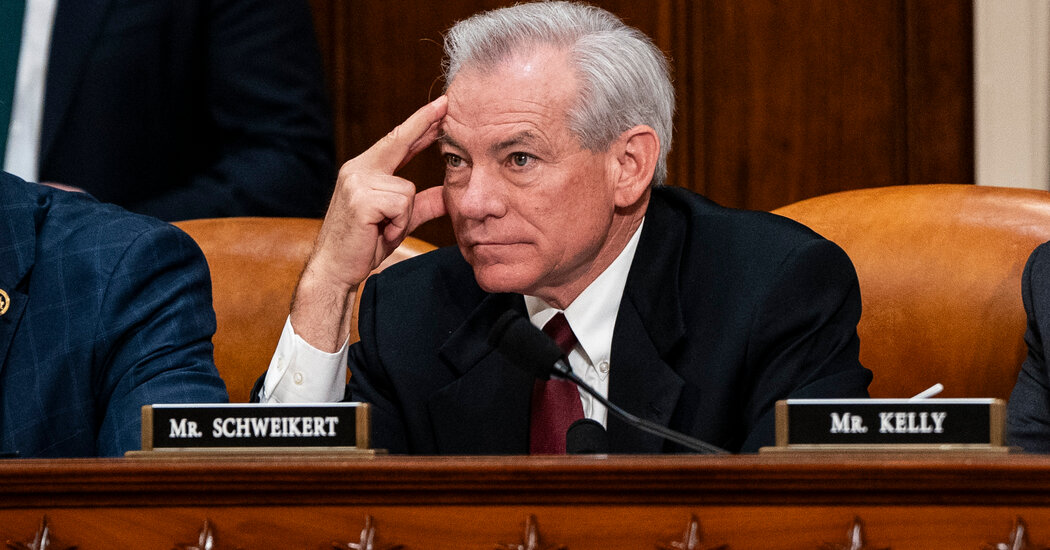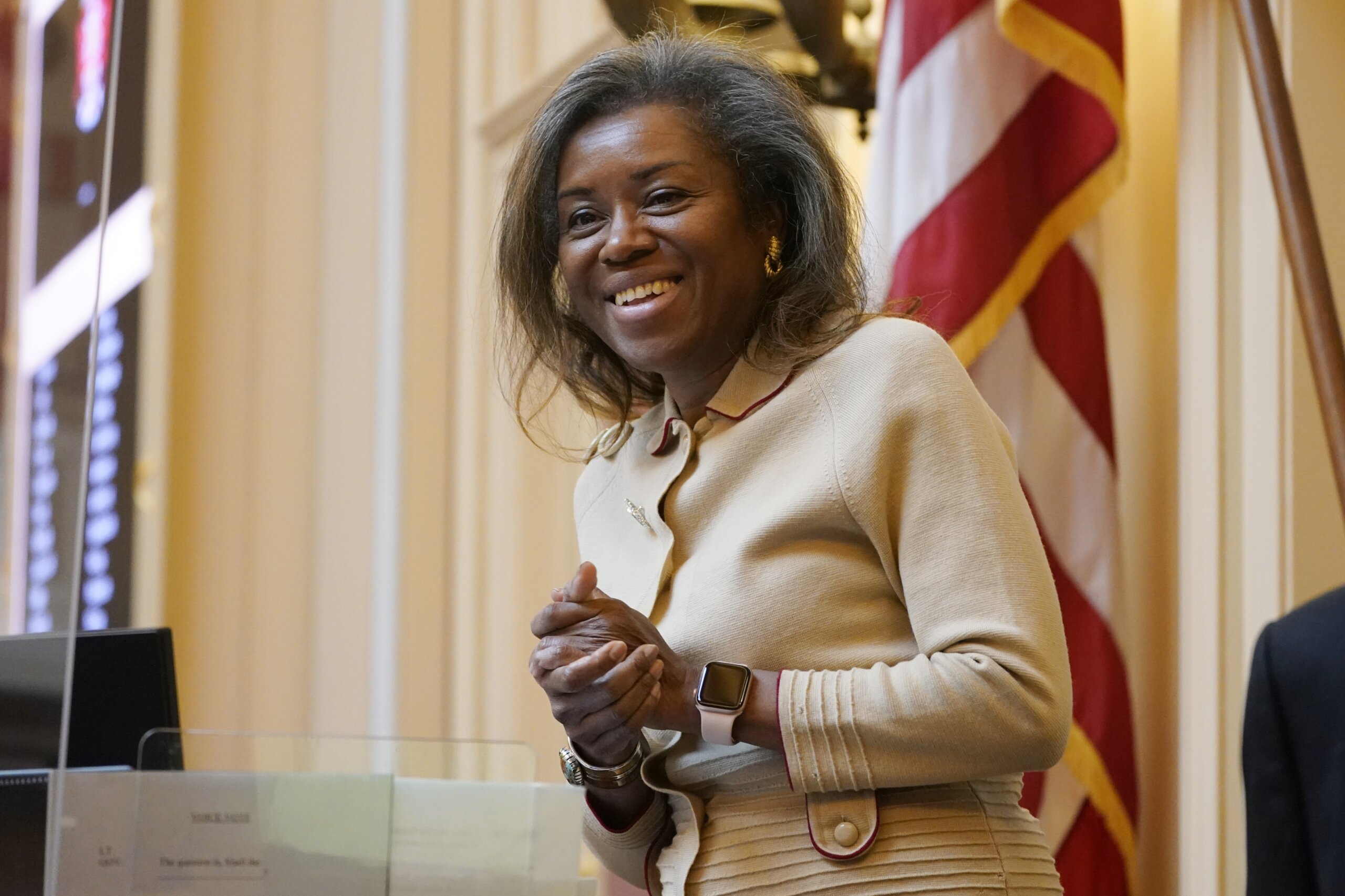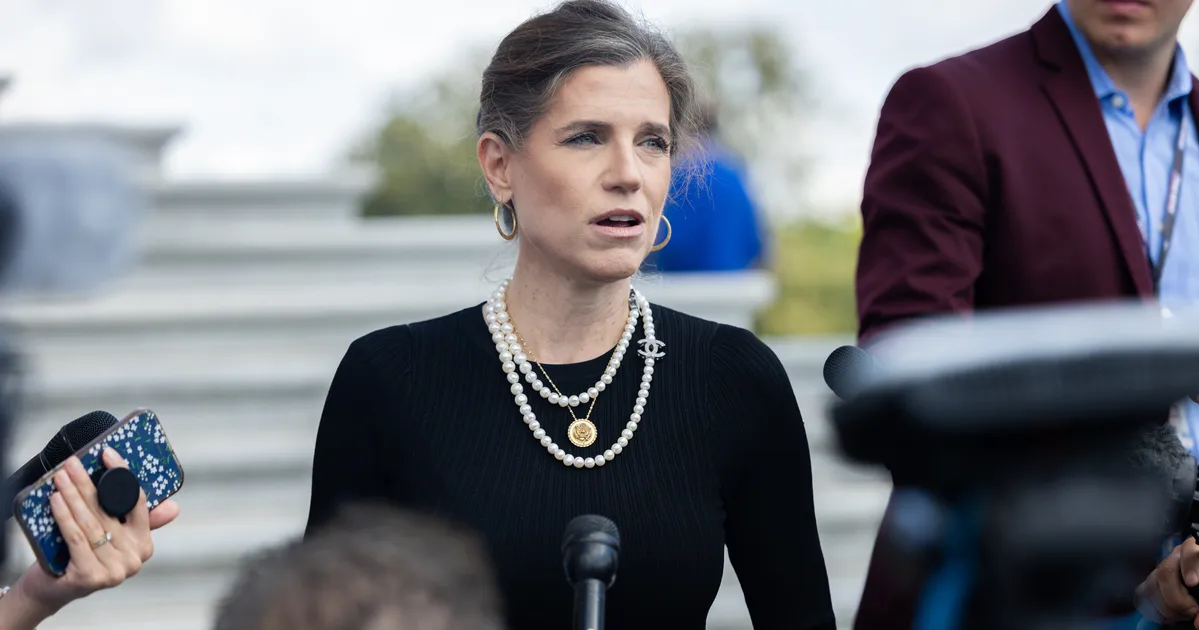
Representative David Schweikert, Republican of Arizona, announced on Tuesday that he would run for governor in the state, scrambling his party’s primary for the office and giving Democrats a prime pickup opportunity in a competitive House district.
Mr. Schweikert, 63, immediately becomes a serious contender in what was a two-way primary between Representative Andy Biggs, a fierce Trump loyalist, and the more moderate Republican Karrin Taylor Robson, a wealthy developer and lawyer.
“We’re going to try to actually demonstrate to voters what a conservative agenda looks like,” Mr. Schweikert said in an interview. “I don’t believe there’s anyone in the southwest in the last 25 years who’s run as many competitive races as I have, and yet not given an inch on their conservatism.”
Mr. Schweikert, an eight-term congressman who rode the Tea Party backlash to the Obama administration into office in 2010, representing an affluent suburban region of Phoenix and Scottsdale ever since, may try to stake out a path between the two.
A former member of the ultraconservative House Freedom Caucus and a fiscal hawk obsessed with shrinking the federal deficit, he has credibility among conservatives but has also repeatedly won over his district’s relatively moderate voters, maintaining a low profile and largely abstaining from President Trump’s combative brand of politics.
The Republican candidates are vying to face Gov. Katie Hobbs, a Democrat, in next year’s general election.
Republicans dominated Arizona politics for decades, but the party’s rightward shift in the Trump era has offered an opening for Democrats eager to win over the state’s wary independents.
Democrats have won the last four Senate races in Arizona, each against a pro-Trump candidate. In the most recent governor’s race, in 2022, Ms. Hobbs defeated Kari Lake, a Trump loyalist who had alienated moderate Republicans.
Even as Ms. Hobbs is considered one of the country’s most vulnerable incumbents, many political operatives in the state have speculated that Republicans could be headed for another loss next year.
The more moderate Ms. Robson would most likely be a tougher opponent for Ms. Hobbs. But Ms. Robson has trailed Mr. Biggs in early polls, and she is struggling to convince Republican primary voters that she is as fervent a backer of Mr. Trump as she says she is.
Turning Point USA, the powerful, Arizona-based conservative group that was led by Charlie Kirk, threw its weight behind Mr. Biggs before Mr. Kirk’s assassination earlier this month. Several political strategists on Mr. Trump’s 2024 presidential campaign who had signed on to work for Ms. Robson quit in May.
Both candidates have something that Mr. Schweikert lacks: an endorsement from Mr. Trump, who voiced his support for Ms. Robson late last year before also backing Mr. Biggs this spring.
Regardless of who wins the G.O.P. primary, Democrats hoping to regain control of the House of Representatives next year got a big boost from Mr. Schweikert’s decision to run for governor.
Mr. Schweikert’s district is full of the well-off and educated voters who are increasingly shifting toward Democrats, and the seat is likely to be much easier for Democrats to flip without him on the ballot.
The veteran lawmaker has been able to win re-election sometimes by only razor-thin margins and in years when Republicans suffered losses elsewhere. In 2020, he survived an ethics scandal in which a House panel concluded that he had violated 11 ethics rules.



